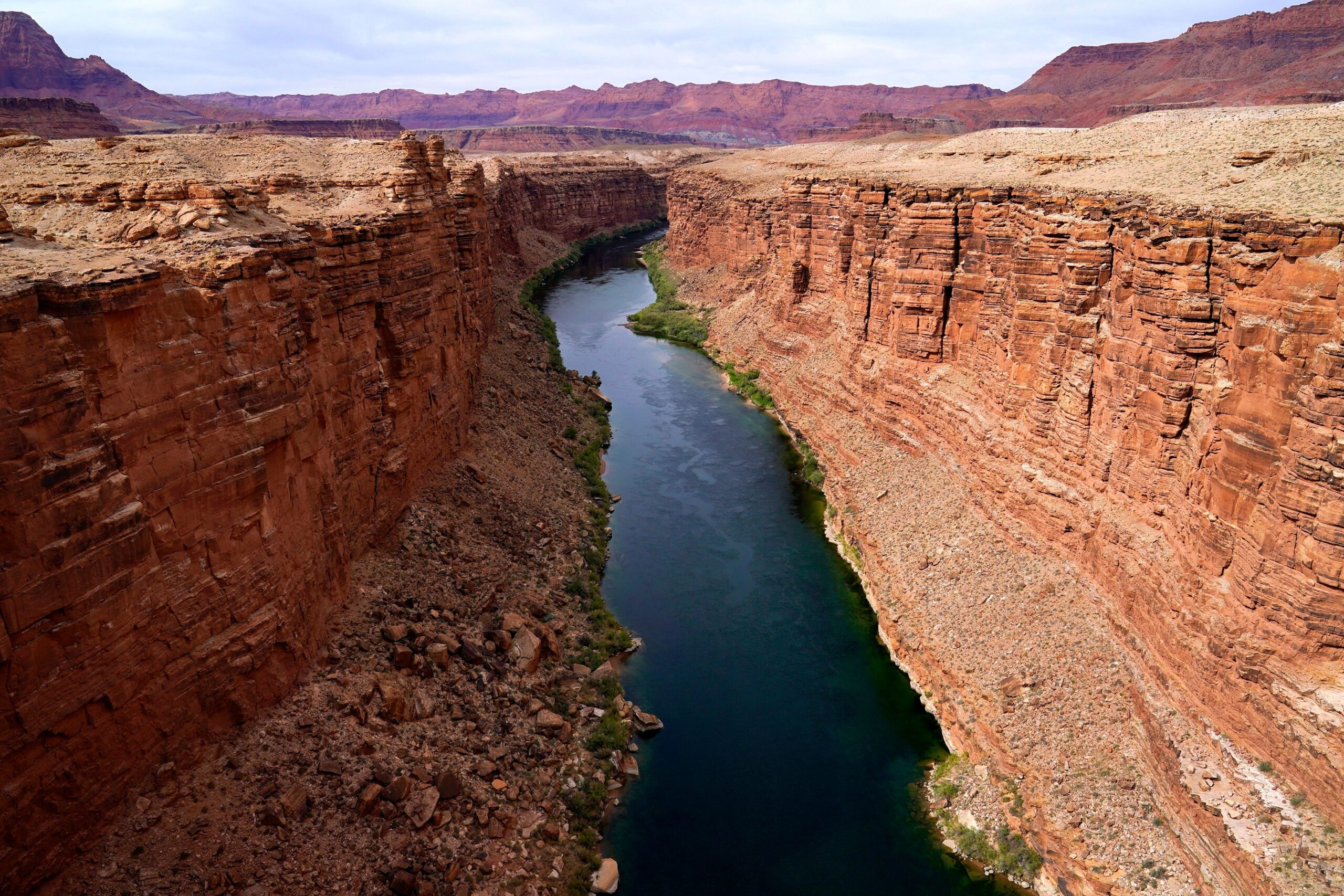On Monday, March 20, 2023, the Supreme Court of the United States heard arguments in a case threatening the ability of Indian tribes to protect and enforce their water rights. Last year, the Ninth Circuit Court of Appeals ruled that the Navajo Nation can pursue its water rights claims against the United States. Navajo Nation v. U.S. Dept of the Interior, 26 F.4th 794, 812 (9th Cir. 2022). However, the Biden Administration contends that the Federal government is under no duty to assess and address the Navajo Nation’s need for water from particular sources.
At oral argument, the Justices seemed evenly split on the issue, with Justice Amy Coney Barrett possibly holding the deciding vote. At the outset, Justices Gorsuch and Kagan questioned the Federal government about the need to ensure the Navajo Nation has water as implied in the United States’ treaties with the Nation. Both Justices drilled the Federal government on the contractual nature of the treaties in question and how duties necessarily arise from the promises made in them as contracts.
After the Federal government’s argument, the States took the lectern, also arguing against the Navajo Nation. There, Justice Barrett focused on what interests the State parties really have in the case, considering that their interests lie in the upper Colorado River mainstream, while the Navajo Nation’s interest could potentially be resolved without disturbing their existing rights.
The Navajo Nation argued last. The Nation first pointed out that the United States’ position is contrary to its fiduciary duties as the Nation’s trustee. The Justices’ questions focused on the scope of the relief the Nation seeks in the case, what exactly the United States’ obligations are to carry out that relief, and where the water would come from.
In Particular, Justice Barrett highlighted the scope-of-relief issue, noting at one point that she was “stuck” on it, like Justice Alito. The conversation also shifted to a discussion of what rights are contained in the treaty phrase “permanent homeland,” led by Justice Alito and later, Chief Justice Roberts.
Throughout the argument, the Navajo Nation emphasized the impossible position its trustee has placed it in by denying the Nation’s intervention in Arizona vs. California and then representing that it has no affirmative duty to represent the Nation’s Winters water rights.
A written opinion is likely before the end of the current term in October and could be announced within 90 days of the oral argument. A recording of the oral arguments can be found here.
Patterson Earnhart Real Bird & Wilson LLP is dedicated to the representation of American Indian tribes, tribal entities, and individual Indians across the United States. Our mission is to support and advance the sovereignty, self-sufficiency, and self-governance of our tribal clients. To learn more about how we can assist your tribe, contact our Colorado office at (303) 926-5292.

